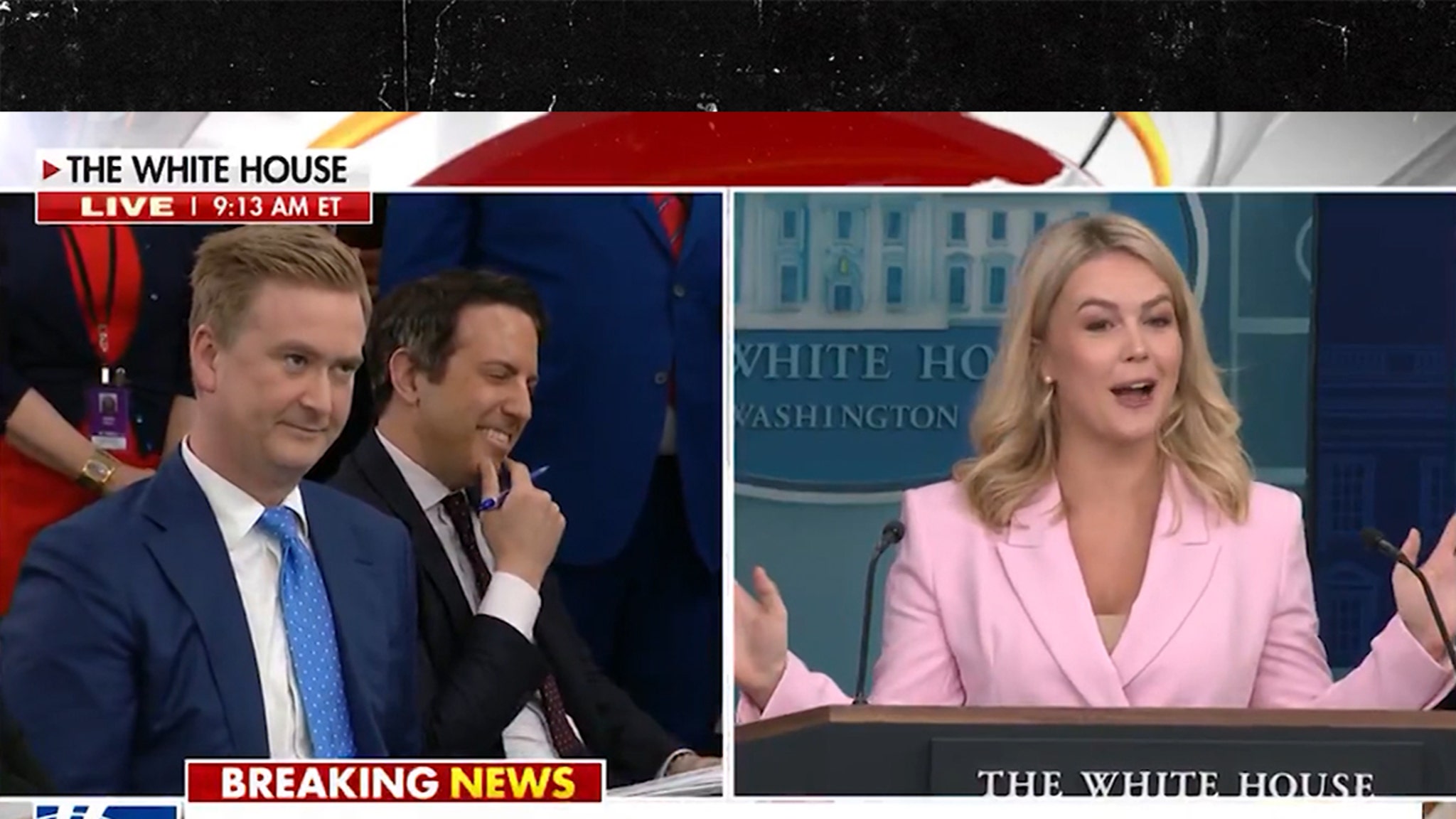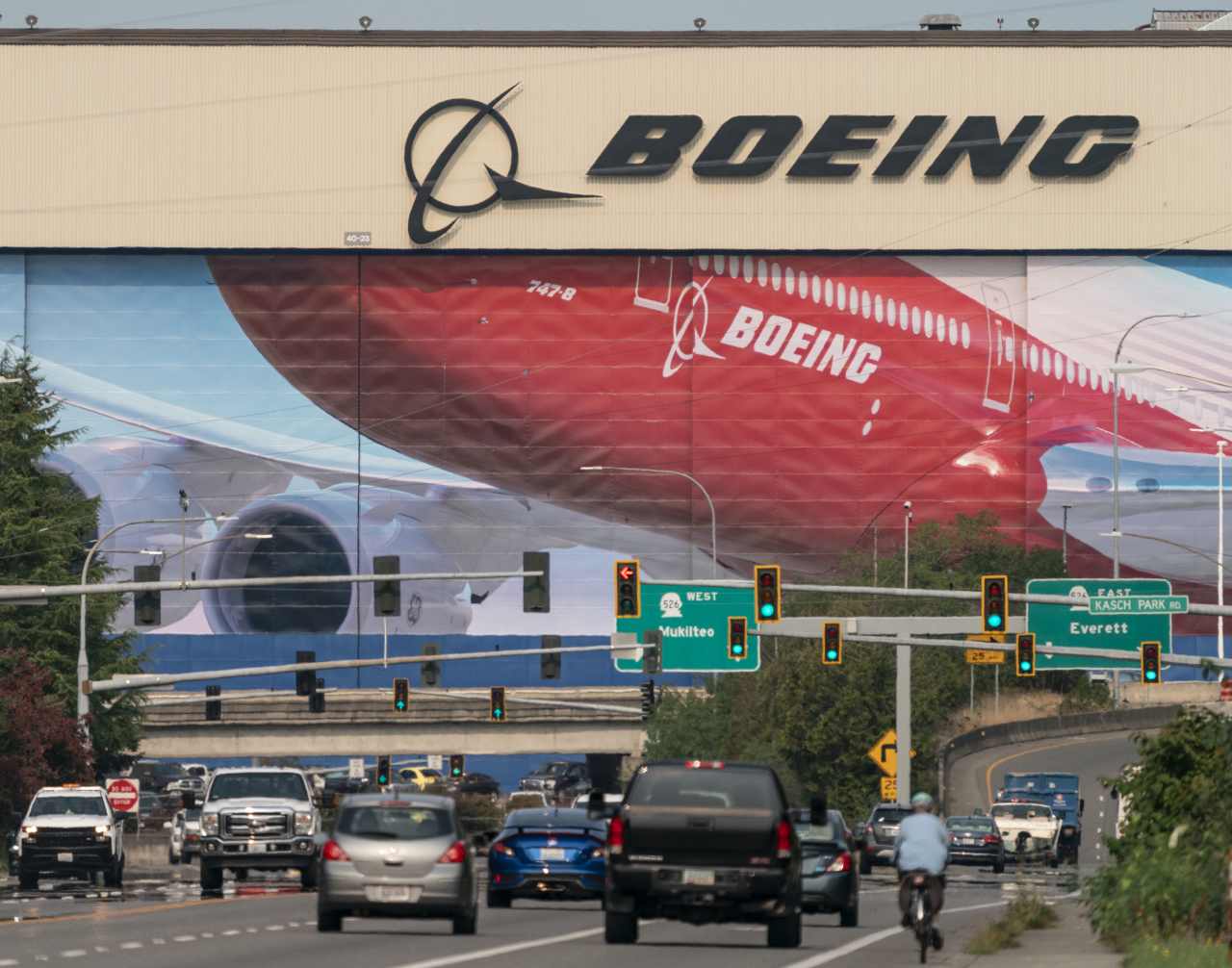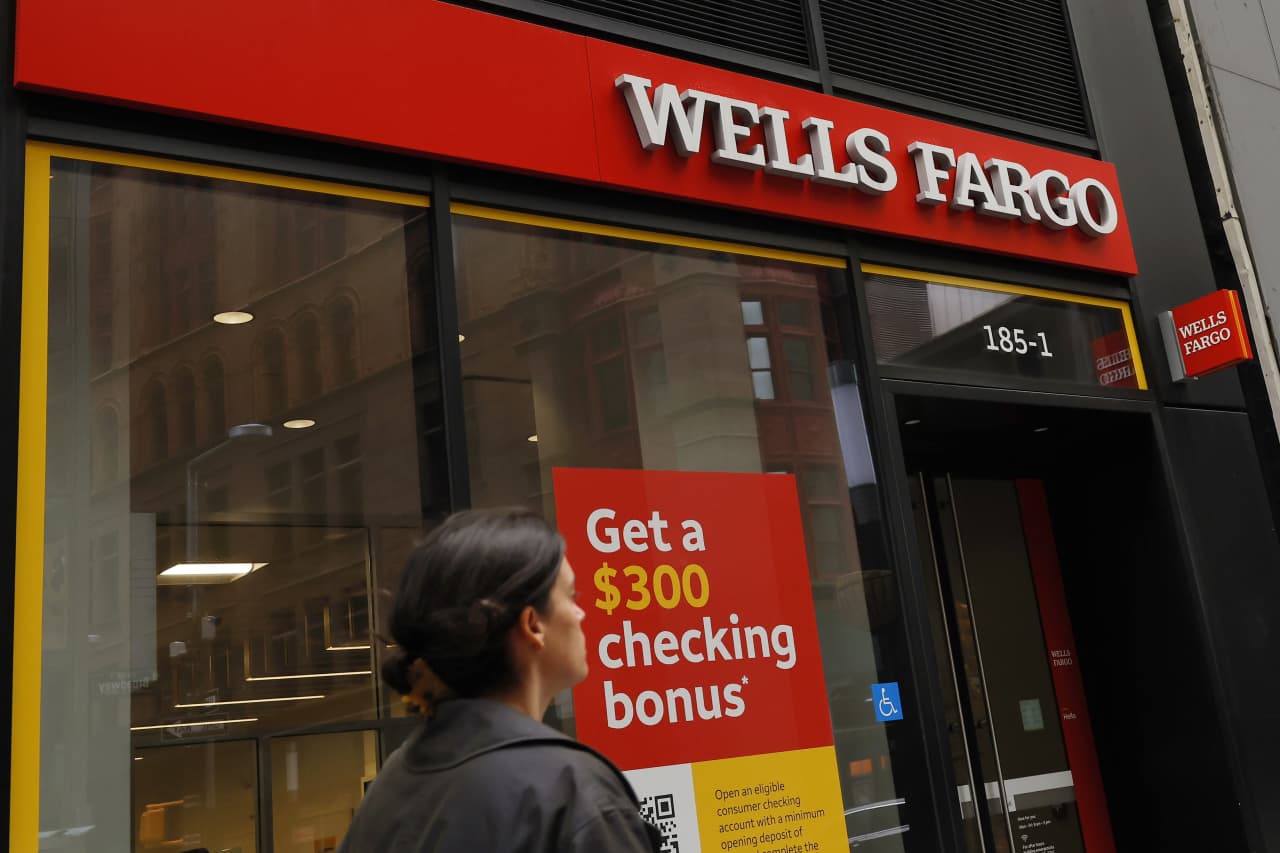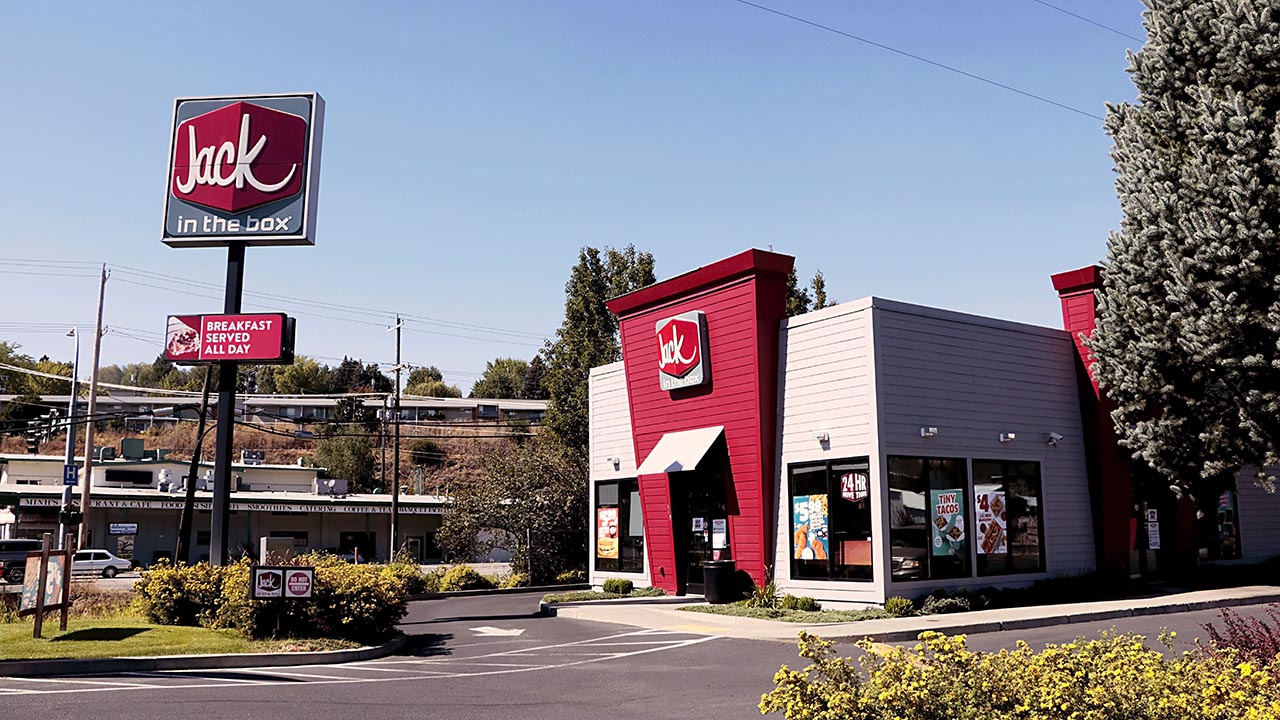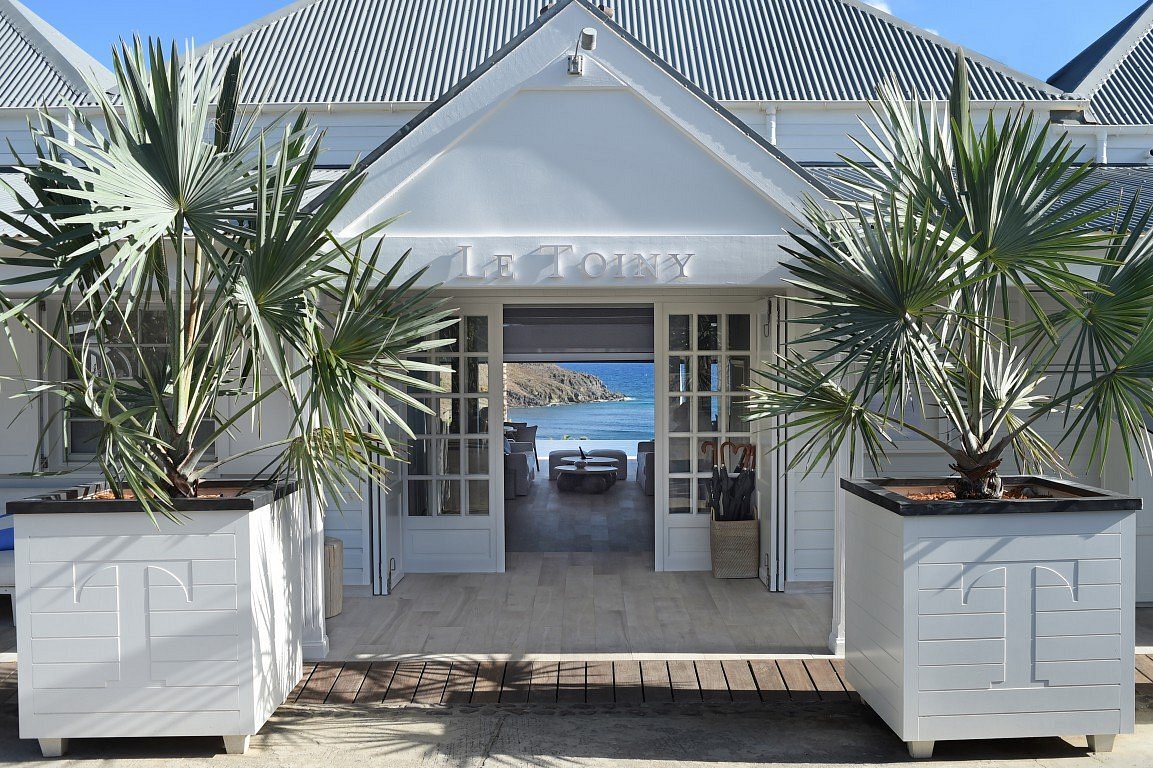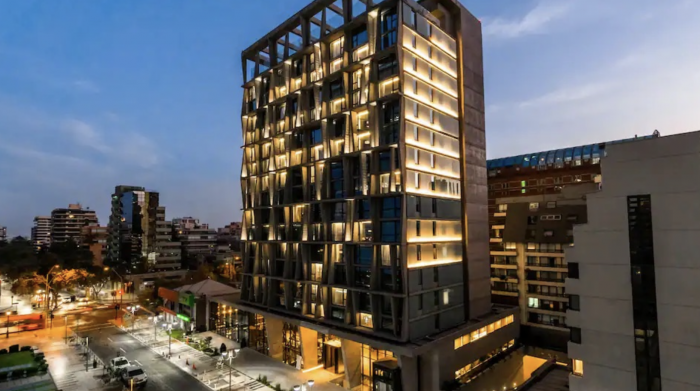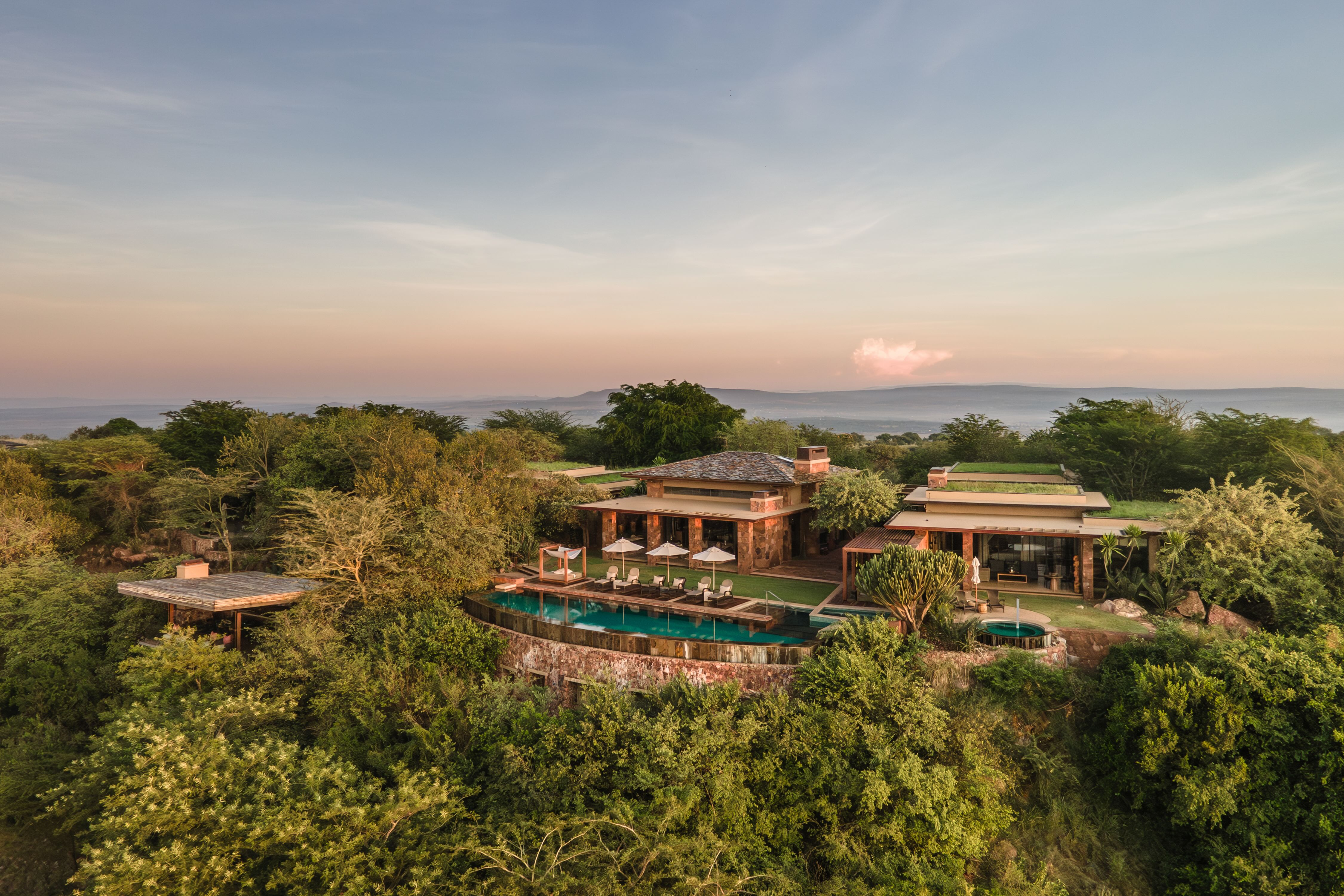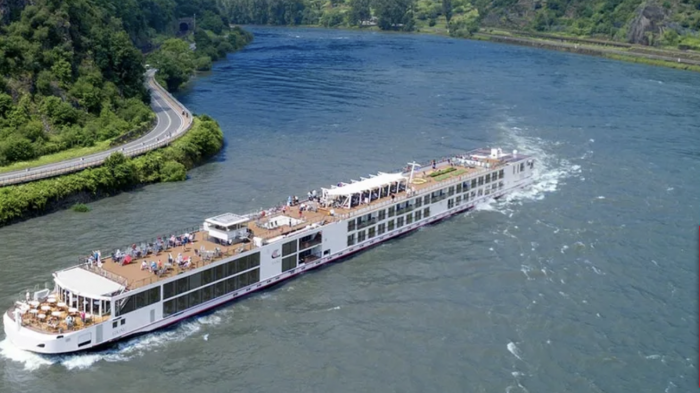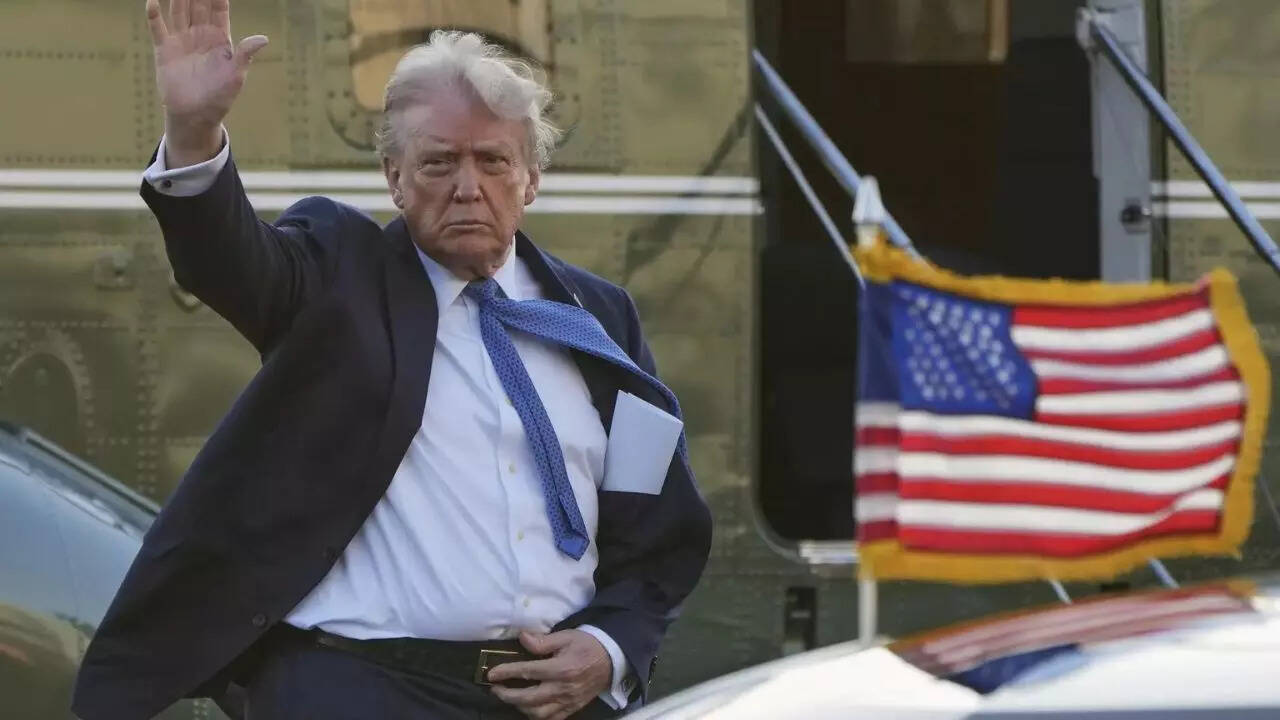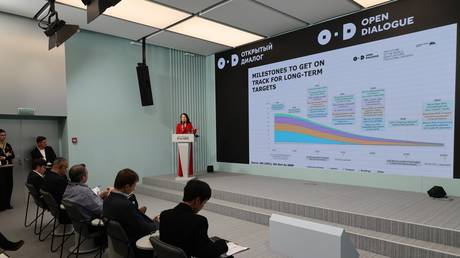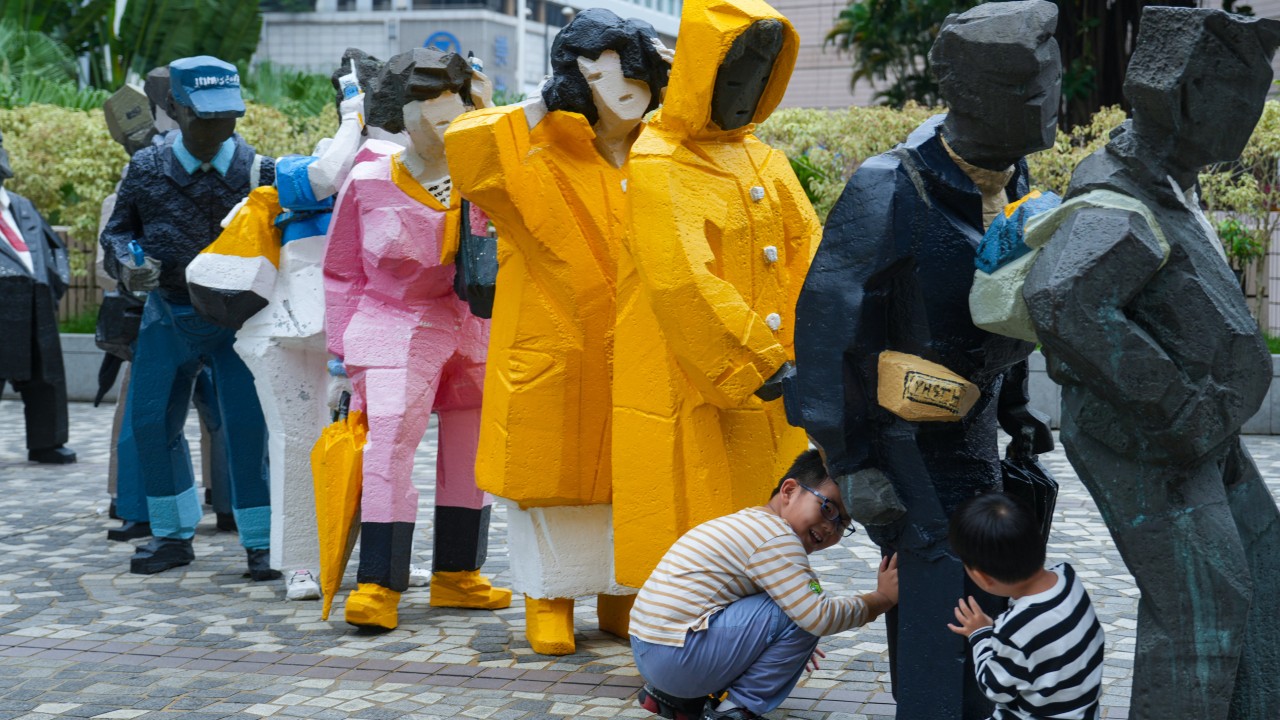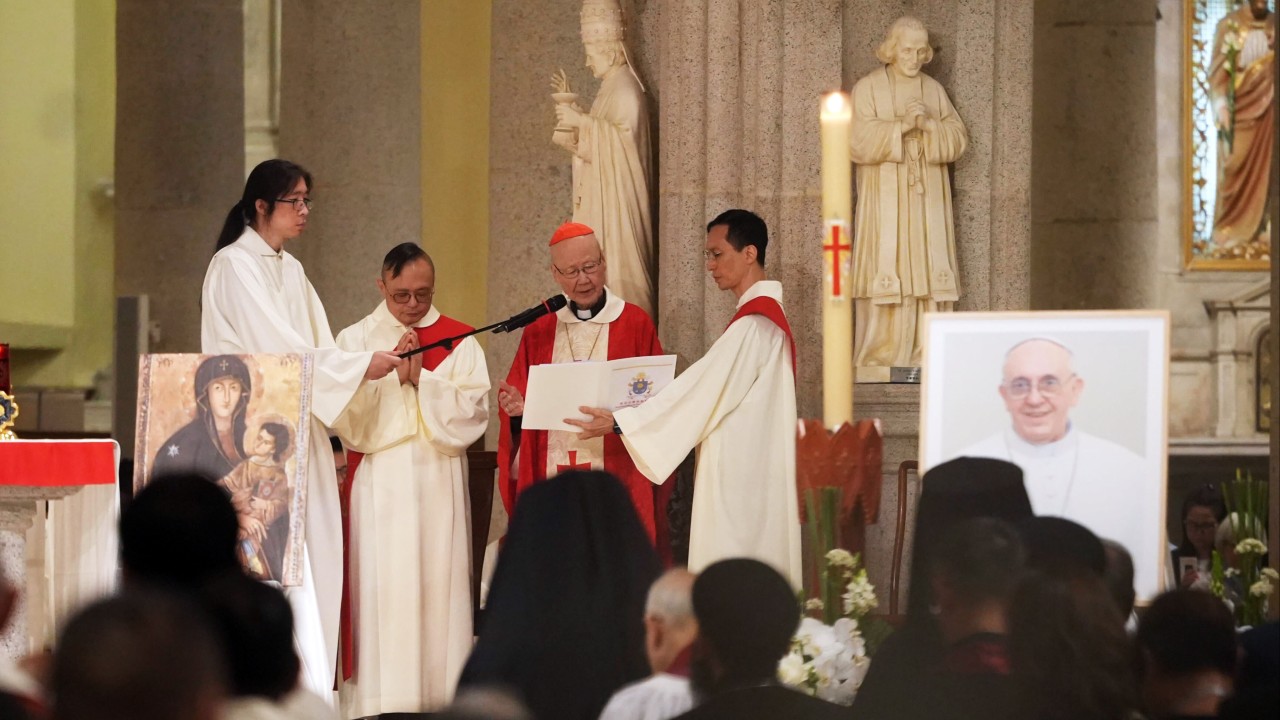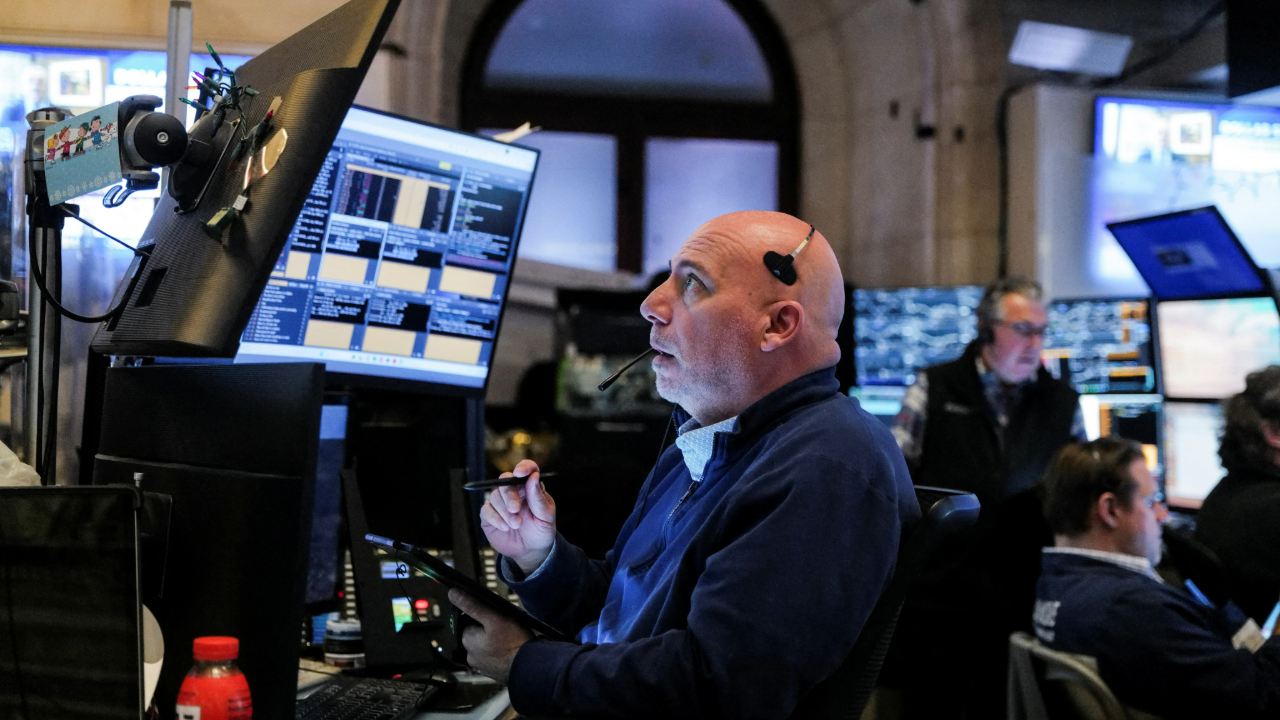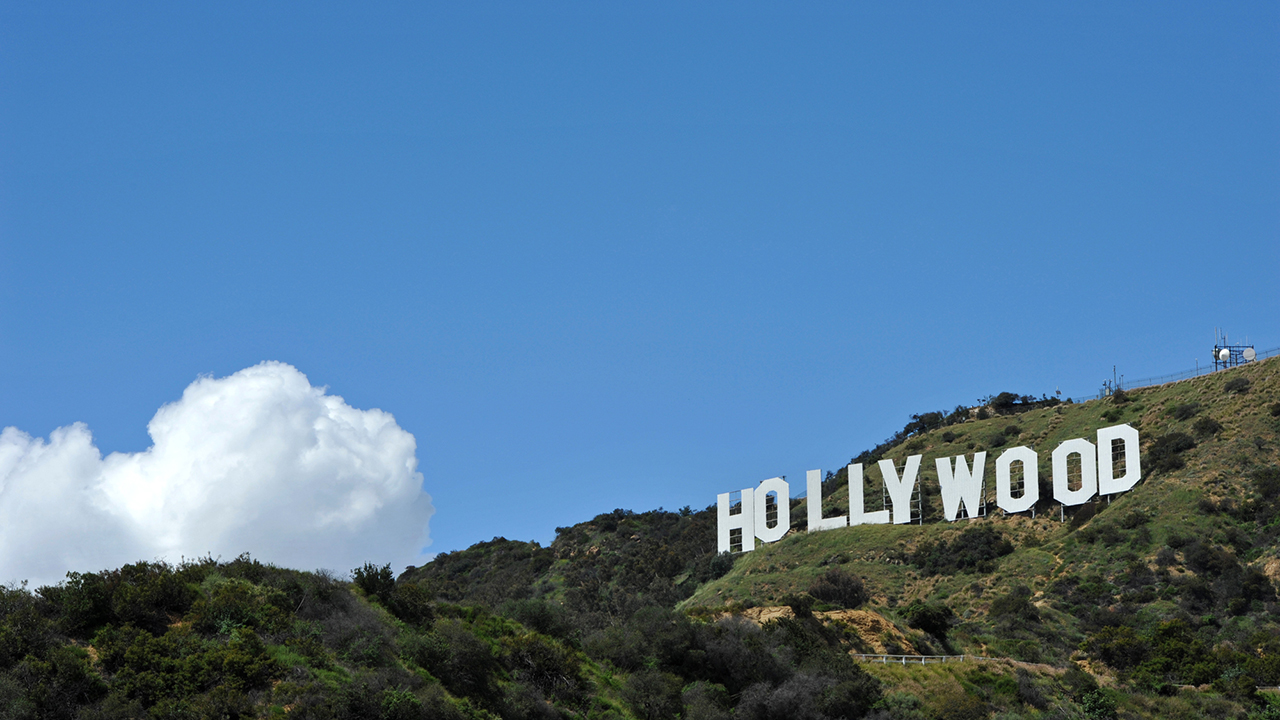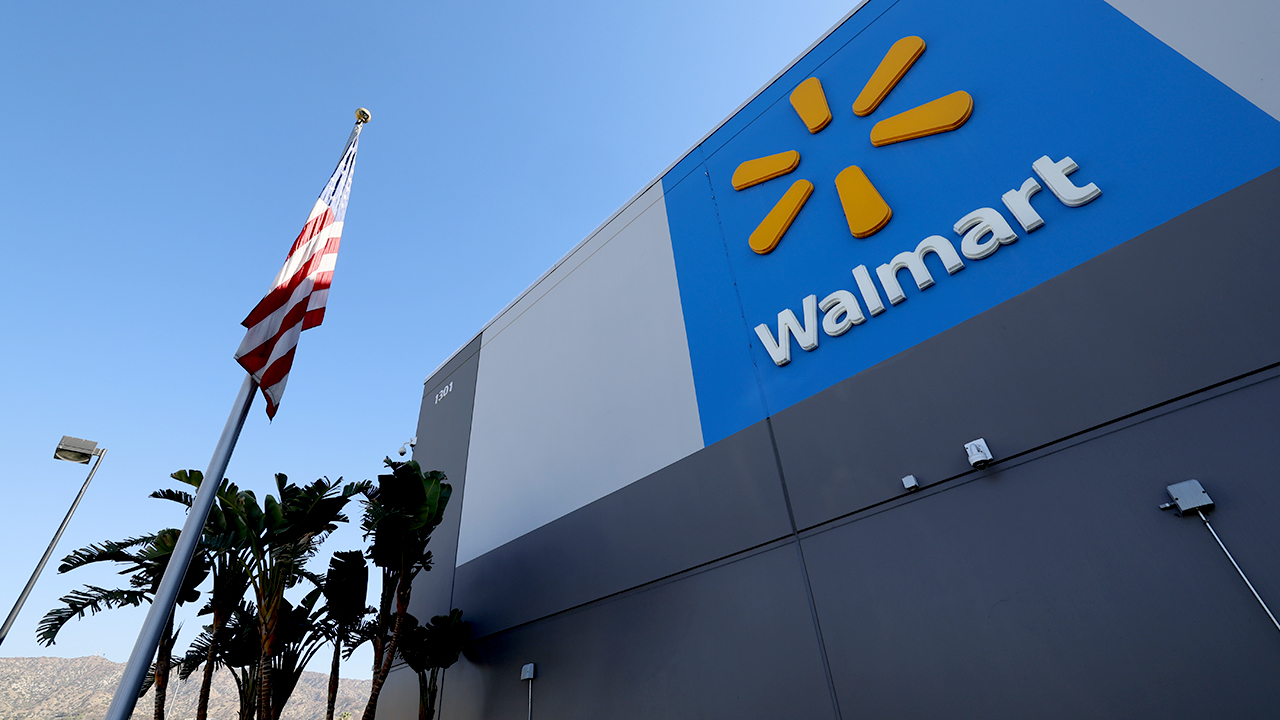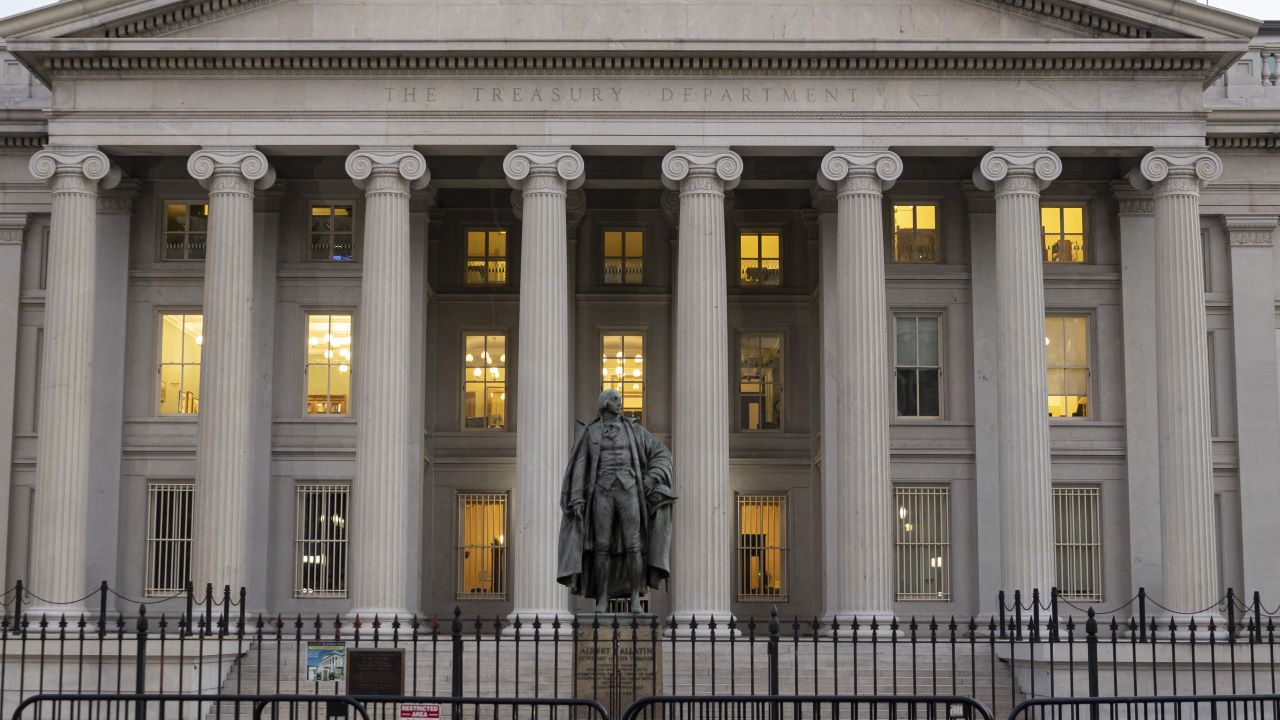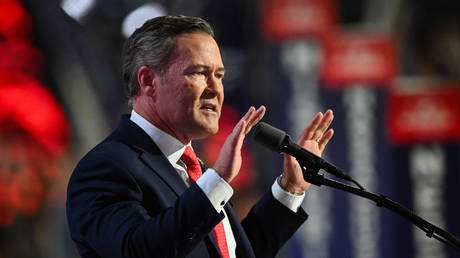Why do crypto bros like freedom cities?
When Donald Trump was running for president, he pledged to build 10 new US cities, dubbed “freedom cities,” from scratch, designed to improve the quality of life for Americans. These new high-tech communities were to be created on public land, and they were going to be free of the “nightmare of red tape,” including lengthy environmental reviews, that had hampered the development of affordable housing in many parts of the US.Freedom cities aren’t really a new idea. They are a rebranding of charter cities, which have been around since the late 1800s. Still, Trump’s proposal won the gung-ho support of many of Silicon Valley’s tech bros, whose backing helped tilt the last US presidential election in his direction, and many of whom — e.g., the PayPal mafia consisting of Elon Musk, Peter Thiel, Marc Andreessen and Balaji Srinivasan — were also enthusiastic early supporters of cryptocurrencies and blockchain technology. In mid-March, the new administration made some tentative moves to make freedom cities a reality. Department of Interior Secretary Doug Burgum and Housing and Urban Development Secretary Scott Turner announced a Joint Task Force on using underutilized federal land suitable for housing.“America needs more affordable housing, and the federal government can make it happen by making federal land available to build affordable housing stock,” they wrote in The Wall Street Journal.How serious is one to take this idea of new, free-floating cities to be built on federally owned land? The administration says freedom cities are needed to help quell the national housing crisis. But others suggest that building new communities free from many state and federal laws and rules, like the Clean Water Act or the Endangered Species Act, is to create places that are, in effect, outside of the law — “where the rules are suspended and don’t apply anymore to certain people.” And if so, what does that mean for the rest of the country?“These are not normal times”“In normal times, I might say the idea that the US federal government would spearhead a program to build any number of master-planned cities is rather preposterous,” Max Woodworth, an associate professor in the geography department at Ohio State University, told Cointelegraph, adding: “But these are not normal times, and the current administration seems open to things that might previously have been dismissed, fairly or unfairly, as impossible or misguided.”Freedom cities have their critics. They have been called a “devious scam,” aimed at bringing back “the bad old ‘company towns’ of yesteryear with a fresh coat of modern cryptofascist varnish.” Indeed, company “scrip” was the medium of exchange in towns like Pullman, Illinois, built by George Pullman, owner of the Pullman Palace Car Company, in the late 19th century, whereas today “cryptocurrency is a key component of freedom cities,” the New Republic reported. The history of chartered cities is checkered at best, commented Woodworth, and looking ahead much will depend on how they are designed and managed. “Over the years, there have been ‘new city’ plans intended to manifest fascist, communist, social-democratic, libertarian and post-colonial political agendas. For better and worse, urban space is very commonly used as a laboratory for different overt political projects.” But maybe these are mischaracterizations. “Anyone who thinks Freedom Cities would be lawless should read fewer comic books and more copies of The Wall Street Journal,” Tom Bell, a professor at Chapman University’s Fowler School of Law, told Cointelegraph. “Building cities takes money, and investors don’t like lawlessness.” He added:“That is not to say that all the usual regulations would apply in Freedom Cities; investors don’t like red tape, either. The goal is not getting rid of all regulation but rather finding new and better ways to guide investment, construction and business.”Bell, who has been working with others to develop a Freedom Cities Act, would require a city’s board to favor developers’ applications that achieve the same outcomes as applicable current federal regulations, “but through alternative and more efficient enforcement regimes.” Part of the Freedom Cities Act, outlining self-governance. Source: Tom BellJeffrey Mason, head of policy at the Charter Cities Institute, also supports enabling federal legislation for freedom cities. “We’ve proposed that a process be created by which freedom cities could propose the waiving or other modification of highly burdensome regulations in sectors of strategic importance or in frontier technologies, much like the regulatory sandboxes adopted by various states in recent years,” he told Cointelegraph.Others see a model along the lines of New York’s Brooklyn Navy Yard, the former military installation that was later transformed into an industrial park. It now houses more than 300 businesses and has become a model for other such projects in the US, writes Mark Lutter and Nick Allen. “The second



When Donald Trump was running for president, he pledged to build 10 new US cities, dubbed “freedom cities,” from scratch, designed to improve the quality of life for Americans.
These new high-tech communities were to be created on public land, and they were going to be free of the “nightmare of red tape,” including lengthy environmental reviews, that had hampered the development of affordable housing in many parts of the US.
Freedom cities aren’t really a new idea. They are a rebranding of charter cities, which have been around since the late 1800s. Still, Trump’s proposal won the gung-ho support of many of Silicon Valley’s tech bros, whose backing helped tilt the last US presidential election in his direction, and many of whom — e.g., the PayPal mafia consisting of Elon Musk, Peter Thiel, Marc Andreessen and Balaji Srinivasan — were also enthusiastic early supporters of cryptocurrencies and blockchain technology.
In mid-March, the new administration made some tentative moves to make freedom cities a reality. Department of Interior Secretary Doug Burgum and Housing and Urban Development Secretary Scott Turner announced a Joint Task Force on using underutilized federal land suitable for housing.
“America needs more affordable housing, and the federal government can make it happen by making federal land available to build affordable housing stock,” they wrote in The Wall Street Journal.
How serious is one to take this idea of new, free-floating cities to be built on federally owned land? The administration says freedom cities are needed to help quell the national housing crisis.
But others suggest that building new communities free from many state and federal laws and rules, like the Clean Water Act or the Endangered Species Act, is to create places that are, in effect, outside of the law — “where the rules are suspended and don’t apply anymore to certain people.” And if so, what does that mean for the rest of the country?
“These are not normal times”
“In normal times, I might say the idea that the US federal government would spearhead a program to build any number of master-planned cities is rather preposterous,” Max Woodworth, an associate professor in the geography department at Ohio State University, told Cointelegraph, adding:
“But these are not normal times, and the current administration seems open to things that might previously have been dismissed, fairly or unfairly, as impossible or misguided.”
Freedom cities have their critics. They have been called a “devious scam,” aimed at bringing back “the bad old ‘company towns’ of yesteryear with a fresh coat of modern cryptofascist varnish.”
Indeed, company “scrip” was the medium of exchange in towns like Pullman, Illinois, built by George Pullman, owner of the Pullman Palace Car Company, in the late 19th century, whereas today “cryptocurrency is a key component of freedom cities,” the New Republic reported.
The history of chartered cities is checkered at best, commented Woodworth, and looking ahead much will depend on how they are designed and managed. “Over the years, there have been ‘new city’ plans intended to manifest fascist, communist, social-democratic, libertarian and post-colonial political agendas. For better and worse, urban space is very commonly used as a laboratory for different overt political projects.”
But maybe these are mischaracterizations. “Anyone who thinks Freedom Cities would be lawless should read fewer comic books and more copies of The Wall Street Journal,” Tom Bell, a professor at Chapman University’s Fowler School of Law, told Cointelegraph. “Building cities takes money, and investors don’t like lawlessness.” He added:
“That is not to say that all the usual regulations would apply in Freedom Cities; investors don’t like red tape, either. The goal is not getting rid of all regulation but rather finding new and better ways to guide investment, construction and business.”
Bell, who has been working with others to develop a Freedom Cities Act, would require a city’s board to favor developers’ applications that achieve the same outcomes as applicable current federal regulations, “but through alternative and more efficient enforcement regimes.”
Jeffrey Mason, head of policy at the Charter Cities Institute, also supports enabling federal legislation for freedom cities. “We’ve proposed that a process be created by which freedom cities could propose the waiving or other modification of highly burdensome regulations in sectors of strategic importance or in frontier technologies, much like the regulatory sandboxes adopted by various states in recent years,” he told Cointelegraph.
Others see a model along the lines of New York’s Brooklyn Navy Yard, the former military installation that was later transformed into an industrial park. It now houses more than 300 businesses and has become a model for other such projects in the US, writes Mark Lutter and Nick Allen. “The second Trump administration has opened the door to Freedom Cities. They can play an important role in American revitalization.”
Related: Is Elon Musk plotting the mother of all blockchains?
Indeed, the recent joint announcement by the Departments of the Interior and of Housing and Urban Development “suggests that the administration is actively thinking about how a very small share of federal land could be used to build more housing, and possibly entirely new cities,” added Mason.
It’s in the details
But more clarity may still be needed. “At this point the idea of freedom cities being bandied about is so vague that it’s impossible to have clear conceptions or misconceptions of them in the first place,” said Woodworth.
The devil could be in the details. “There seems to be some excitement around freedom cities among libertarian-leaning intellectuals and investors whose ideal freedom city would be places that are very business-friendly,” said Woodworth.
Again, this does not mean that “anything goes.” But it’s not hard to imagine a tax and regulatory regime at work in the jurisdiction of the freedom city that is favorable to corporate interests, said Woodworth. “Indeed, the impetus for freedom cities seems to be precisely to create exceptional conditions that make an end run around the regulatory thicket that frustrates a lot of people, including in the crypto business.”
Why do crypto bros like freedom cities?
How does one, in fact, explain the strong interest in freedom cities among some of the cryptocurrency community’s high-profile partisans?
“The crypto community has been interested in new cities, charter cities and other innovative governance mechanisms for a long time,” Mason told Cointelegraph.
“I think the common interest in decentralization drives a large part of this, but I also think the crypto community is passionate about innovation and building new things, so there’s natural alignment.”
New vistas of innovation may tantalize both groups, “and they sense that existing institutional structures rooted in a 20th-century world hamper its potential,” opined Woodworth. “New cities, theoretically at least, might offer the prospect of designing a setting that can unleash the sector to discover where it can go in terms of innovation and new applications.”
Bell added, “The crypto community doubtless sees in freedom cities the promise of a regulatory regime that at least is not overtly hostile to fintech innovation and that perhaps even welcomes it. There are lots of bold new ideas floating around the crypto space. Freedom Cities might offer a chance to put the best of them to work.”
Bell would like to see quicker progress, though. He noted that Trump proposed the creation of 10 freedom cities in March 2023 while running for office, but “since then, so far as outward signs go, the administration has not followed up on the president’s promise.”
Various parties eager to see freedom cities created have been urging Congressional members to enact the necessary legislation, he added. So far, “that effort has yet to bear fruit.”
Two case studies: California Forever and Próspera
In any event, the challenges of building a 21st-century city from scratch in the United States shouldn’t be underestimated, as those Silicon Valley billionaires who invested in the troubled California Forever real estate enterprise could probably attest.
California Forever intended to develop new industries, novel sources of clean energy and safe, walkable neighborhoods with affordable homes in an underpopulated part of California, 60 miles north of San Francisco.
Designed as an eco-friendly, walk-only community that would house up to 400,000 souls on previous farmland, it’s instead become a cautionary tale illustrating “the cultural and regulatory barriers to building today,” write Mark Lutter, founder and executive director of the Charter Cities Institute, and Nick Allen, president of the Frontier Foundation.
The project has been “on hold” for two years pending an environmental study of its plan.
The project’s backers made some missteps, to be sure. They purchased $900 million of farmland in sparsely populated Solano County without revealing anything about the identities of the enterprise’s backers or plans for a new city.
When details finally did emerge, community relations soured. They frayed further when the project’s backers filed a $500-million antitrust lawsuit saying that farmers who had refused to sell their land to them were colluding to raise prices, The New York Times reported.
Related: US gov’t actions give clue about upcoming crypto regulation
On the positive side, the project underscored that San Francisco is not building enough housing units, which has caused a huge spike in rents there and is driving away local residents. Something similar, if less extreme, is happening in other US cities today, a key reason why the Trump administration’s freedom cities initiative is gaining attention.
Próspera’s island “paradise”
By comparison, the overseas-based Próspera chartered-city project avoided many of those same regulatory and zoning problems that vexed California Forever thanks to a welcoming Honduras government — at least initially.
The owners of Próspera, a Delaware Registered Company, persuaded Honduras to give them a 50-year lease and permission to build a startup city on the the island of Roatán with a regulatory system designed for entrepreneurs “to build better, cheaper, and faster than anywhere else in the world,” according to the for-profit company’s website.
Próspera has raised $120 million in investments since its founding in 2017, including from venture-capital funds backed by tech billionaires Peter Thiel, Sam Altman and Marc Andreessen, among others.
It operates in a special economic development zone within Honduras, but it has its own government, is modestly taxed, and has a flexible regulatory structure largely of its own devising. Disputes are settled by the Próspera arbitration center. Indeed, the new city’s court system reportedly makes use of retired Arizona judges who operate totally online.
Próspera has been able to persuade Western-based companies to set up new businesses within its zone, including experimental medical facilities, “which run clinical trials unburdened by F.D.A. standards,” according to The New York Times.
To say that the Honduras-based startup city is crypto-aligned might be an understatement. In January 2025, Próspera received a strategic investment from Coinbase Ventures “to expand economic freedom globally.”
In February, it hosted a “crypto cities summit.” The island has a Bitcoin Center, which instructs visitors in crypto’s whys and wherefores. Indeed, Próspera calls itself “one of the most Bitcoin-friendly jurisdictions in the world,” and it invites visitors to “connect with fellow Bitcoiners, tour Próspera, and relax in paradise.”
Recently, however, the charter city may have lost its way. Próspera has a $11-billion claim against the State of Honduras that still awaits a ruling from an international arbitration tribunal, and some of its one-time supporters have become disenchanted. “It’s like a gated community. They’re just trying to isolate themselves and do what’s best for them,” Paul Romer, a Nobel-winning economist and former supporter, told Bloomberg recently.
In short, developing a charter city isn’t always a breeze — not even in paradise.
Magazine: Memecoin degeneracy is funding groundbreaking anti-aging research
What's Your Reaction?








